MISAMIS OCCIDENTAL, October 11, 2021 – Forty Subanen strawberry growers in Don Victoriano, Misamis Occidental attended the Department of Agriculture (DA) – Special Area for Agricultural Development (SAAD) Program’s training to upgrade their production knowledge and skills on October 7.
Eleven members of Gandawan Strawberry Growers Association (GSGA), 13 from Liboron Strawberry Growers Association (LSGA), and 16 from Nueva Vista Strawberry Growers Association (NVSGA) participated in the Strawberry Production and Management Training.
The farmers expect to receive Php 771,000 worth of strawberry seedlings, knapsack sprayer, plastic mulch, shovel, seedling tray, garden net, plastic drum, sprinkler, and polyethylene (PE) bags in the 4th quarter to support their existing 5 hectares (ha) strawberry farm. They also plan to add 1-2ha to increase production.
Four years after taking stewardship of their 0.5ha land for strawberry farming, NVSGA, and GSGA Presidents Marcelo Samson and Angion Rado mentored the activity. They are scholars in the said topic because they have attended various training held in Baguio City and Benguet through the Philippines-Australia Local Sustainability (PALS) Program in 2012.
With the acquired knowledge and skills, they started to grow strawberries in their farms which provided them an average of Php 3,000 weekly income. According to them, the high value of strawberries provided significant profit and an additional source of income.
For this reason, they want to extend help to their communities given that their location is a growing zone for this plant.
Mr. Rado discussed strawberry bed preparation, pest control, and fertilizer mixtures. He suggested mixing soil and dried chicken manure and leaving it for two weeks before transplanting the seedlings into the plastic mulch. The process is used for soil enrichment since the shallow roots of the plants require organic matter.
On his farm, he demonstrated the proper handling of the strawberry seedlings which require adequate space for sprawling. Each seedling is placed 30 centimeters apart for them to produce more berries over time.
A week after transplanting the plants, he advised spraying them with complete foliar fertilizer for pest control. Also, he suggested the use of Orient Herbal Nutrient (OHN) to restrain the growth of pathogenic bacteria that may cause plant diseases.
For fertilizer mixture, he recommended using a 50:50 ratio of inorganic and organic fertilizer. To neutralize the acid present in the soil, a composition of baking soda, vinegar, and molasses is used to spray the area.
Meanwhile, Mr. Samson talked about the importance of organic strawberry farming by utilizing organic fertilizers to protect the soil against deterioration and environmental pollution.
Why strawberry production is suitable in Don Victoriano, Misamis Occidental
Misamis Occidental’s climate is tropical with a temperature ranging from 15-23° Celcius which is ideal for growing strawberries during the months of April to July.
This gives the young plants enough time to establish strong roots and take up necessary nutrients to produce lots of flowers, before the cold season sets in again. As flowers open, strawberries can tolerate subfreezing temperatures.
With the cold climate and unspoiled land, the Municipal Agriculture Office proposed a strawberry project to the SAAD Program on May 26, 2021.
The strawberry varieties to be distributed are sweet charlie, sweet berry, and king berry. They can bear fruits six months after transplanting.
Sweetheart Al-ag, Don Victoriano’s High-Value Focal Person, emphasized strawberry’s distinction as it is the only fruit that wears its seeds on the outside. It also costs Php 500/kg in the market, depending on the variety.
“Strawberries are less laborious, unlike cabbage. It propagates easier and produces fruit faster. It is also expensive compared to vegetables when sold to the market,” said Ms. Al-ag.
Don Victoriano will be the first strawberries producer in the province, which is also eyed to be their ‘One Town, One Product (OTOP)’.
“We are hoping to make the strawberry as our One Town, One Product (OTOP) by helping these beneficiaries start their farm. With more strawberry growers, we’ll have more than enough supply to make other strawberries processed products such as wine and jam,” added Ms. Al-ag.
The SAAD Program and the local government unit both envision its farmers to be the future suppliers of organic strawberries. ###
Writer: Ruth Esther Bermundo

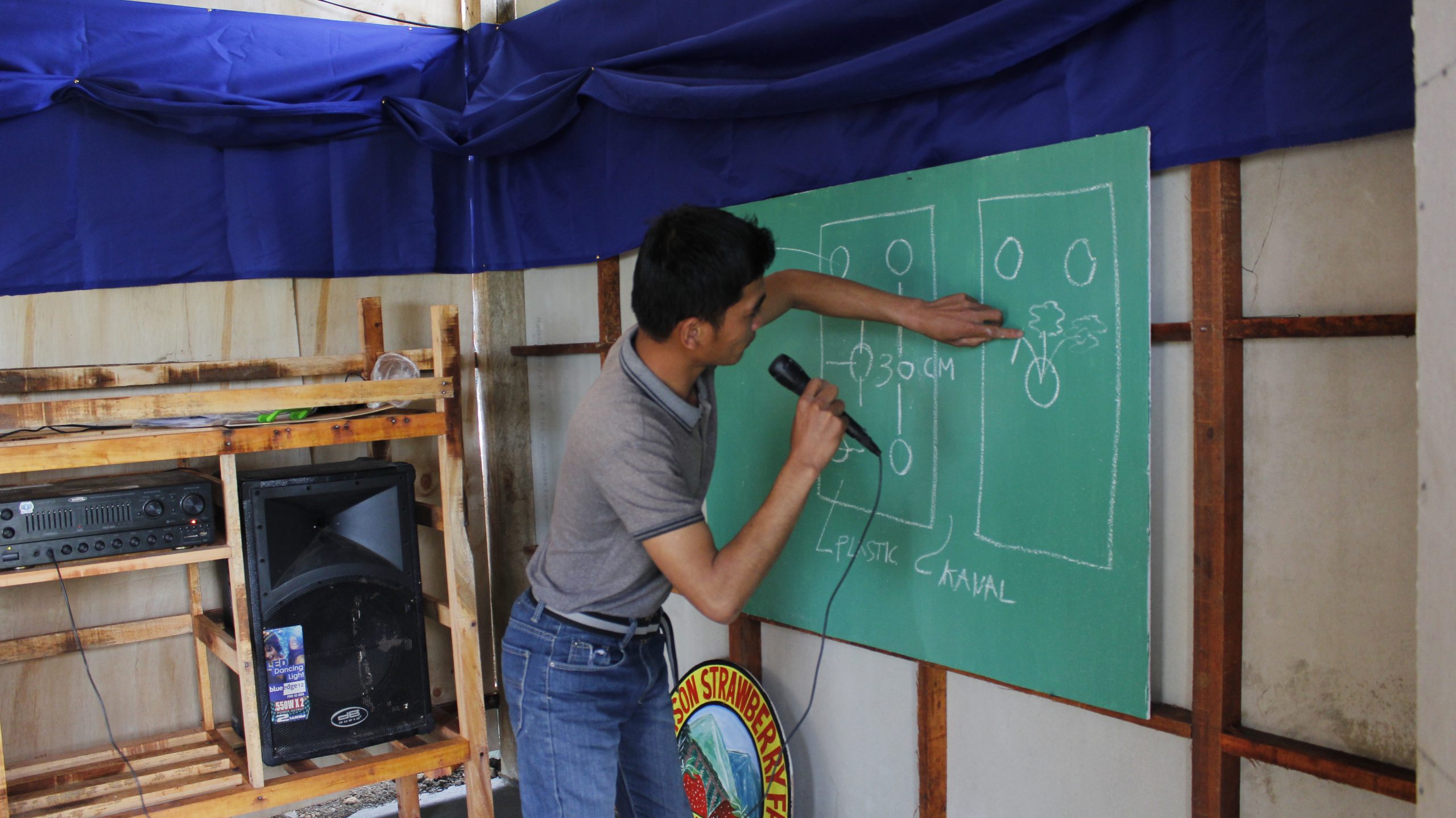
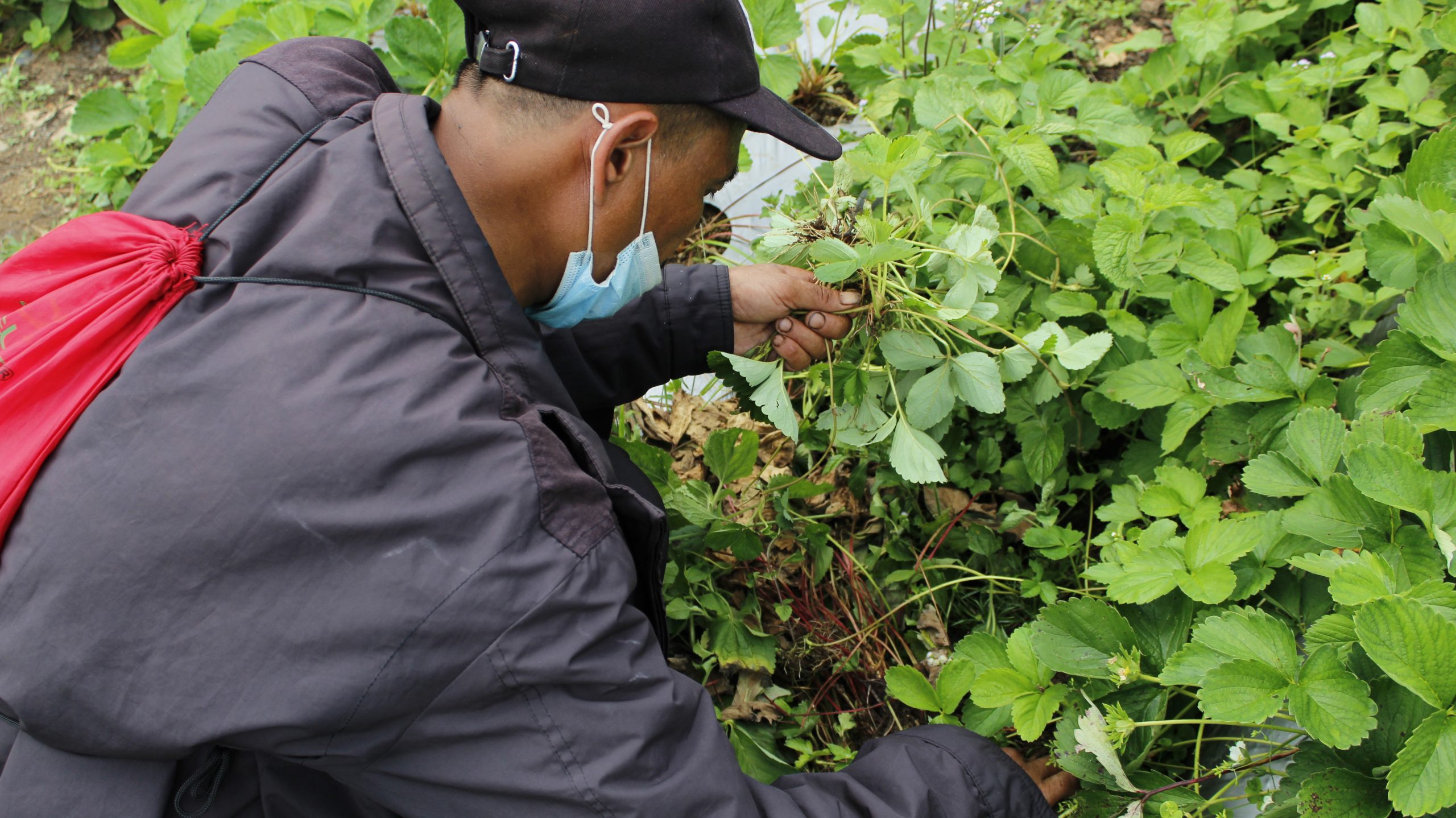
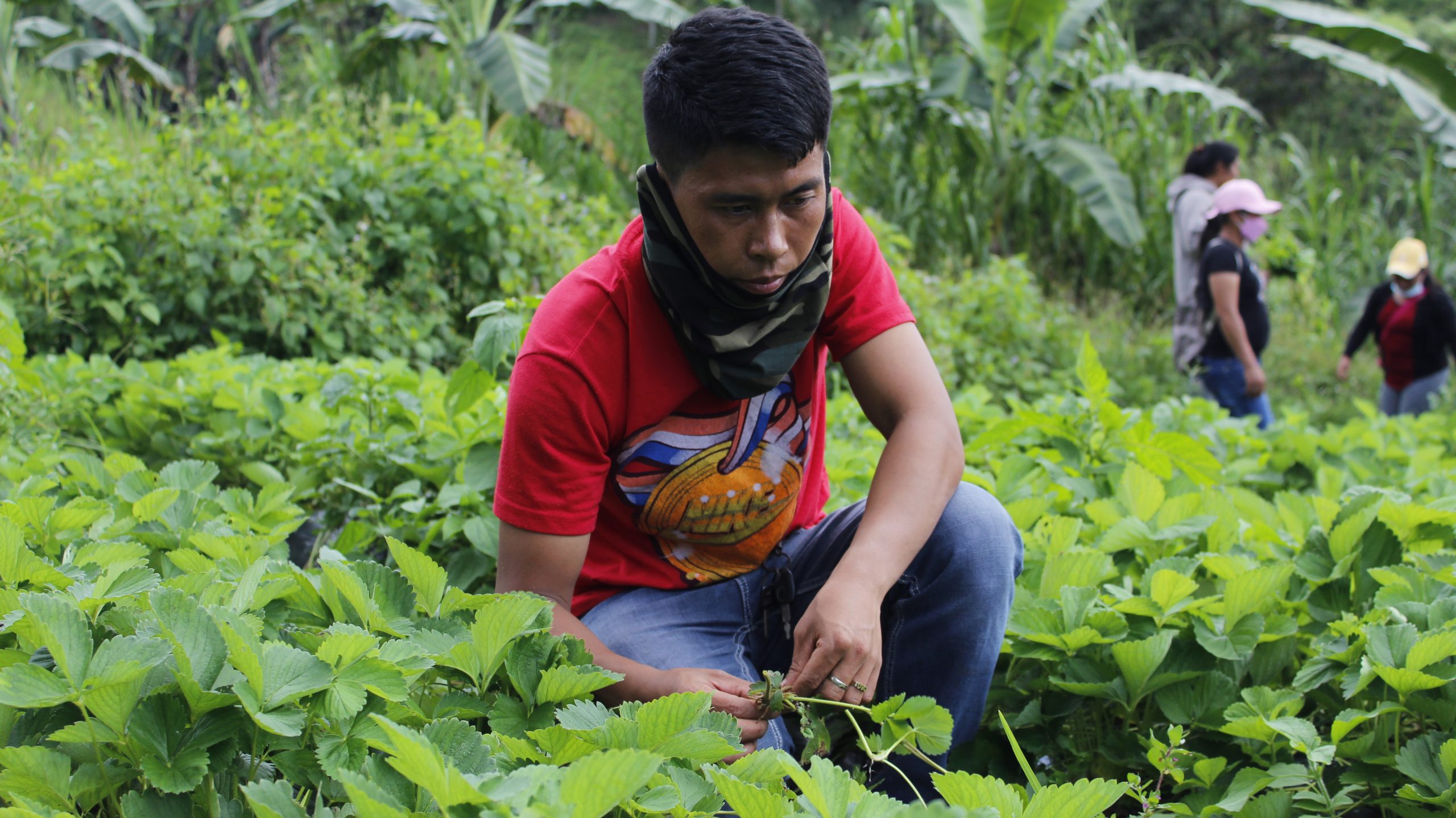
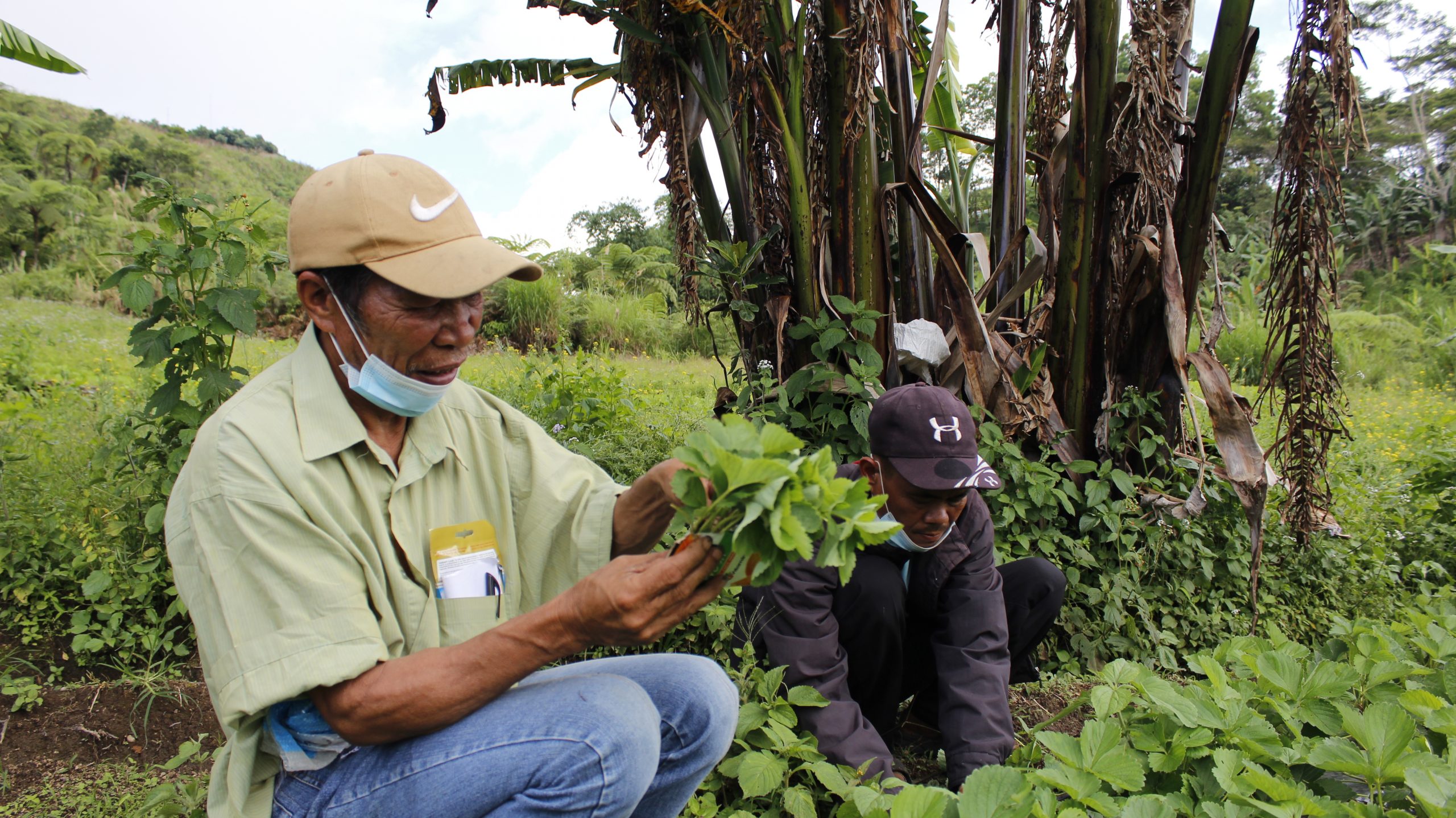
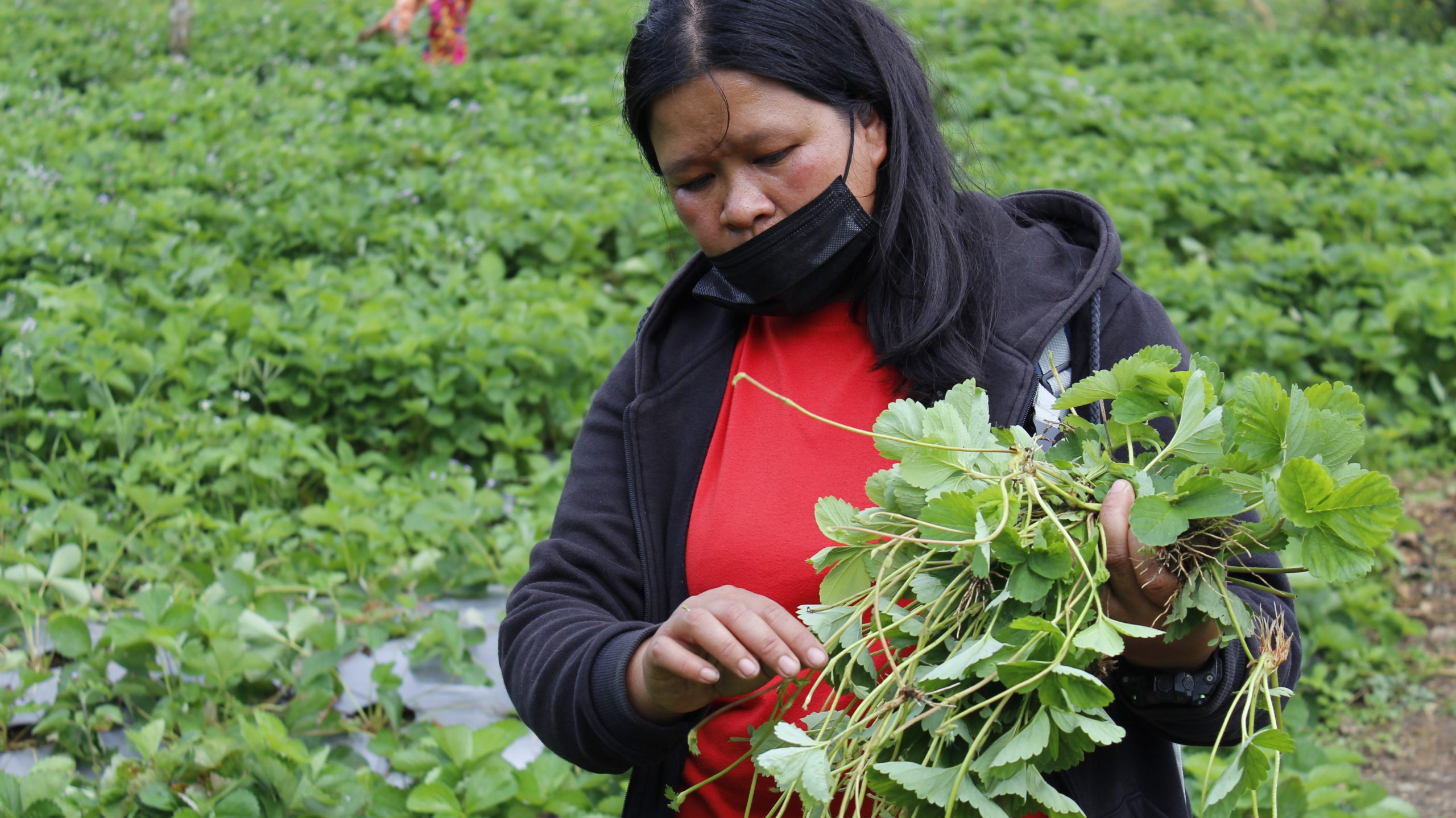
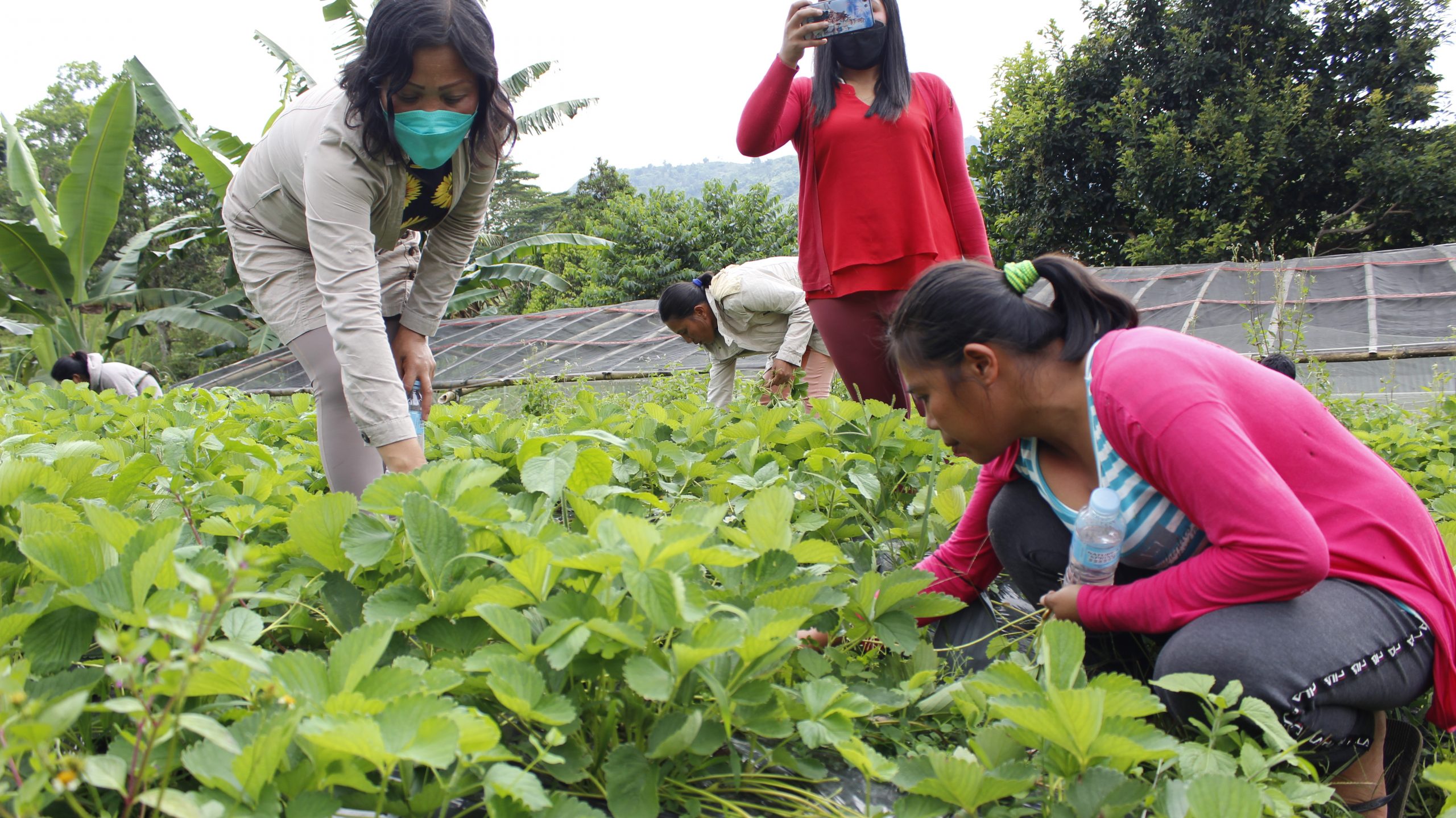
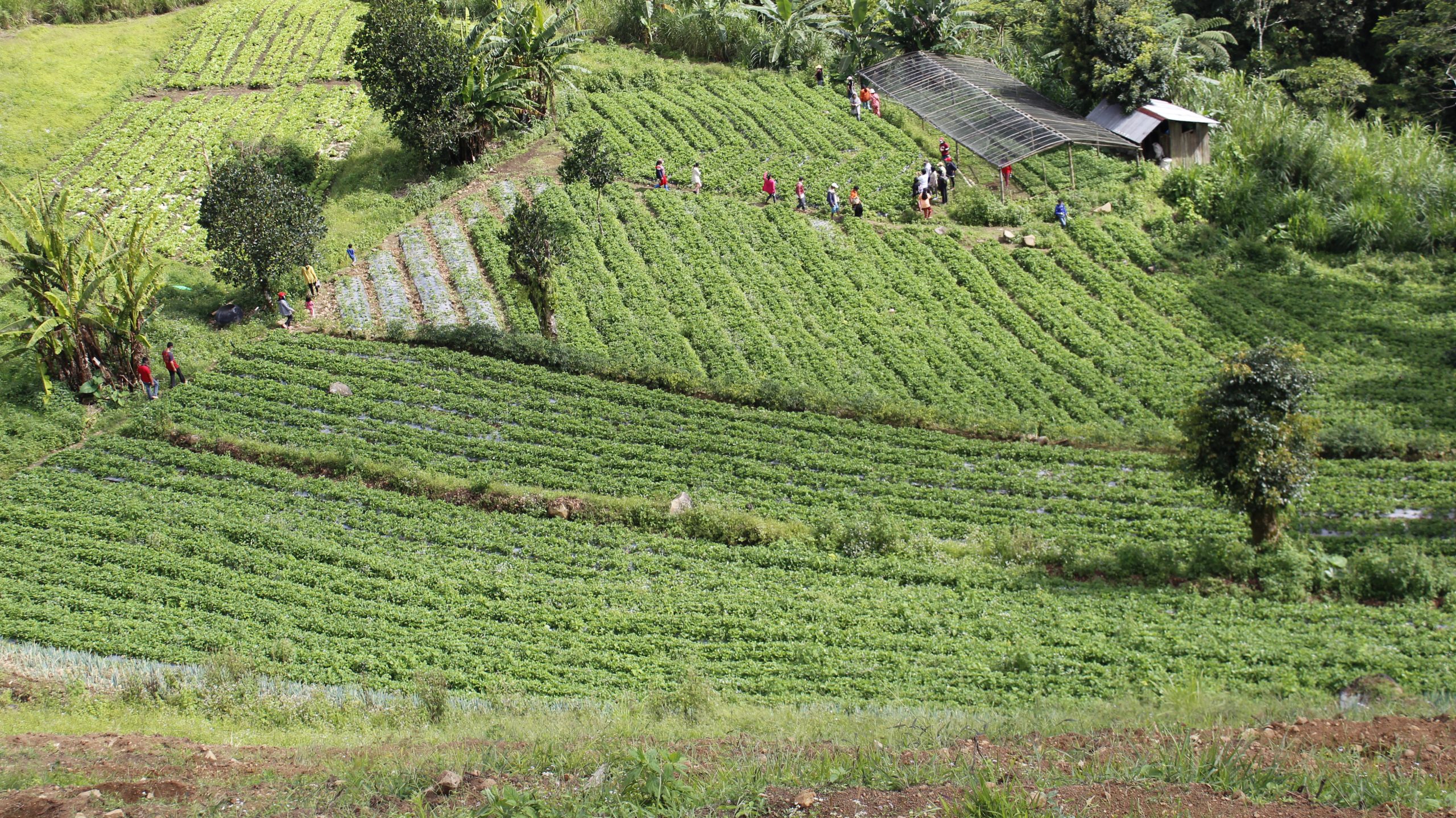
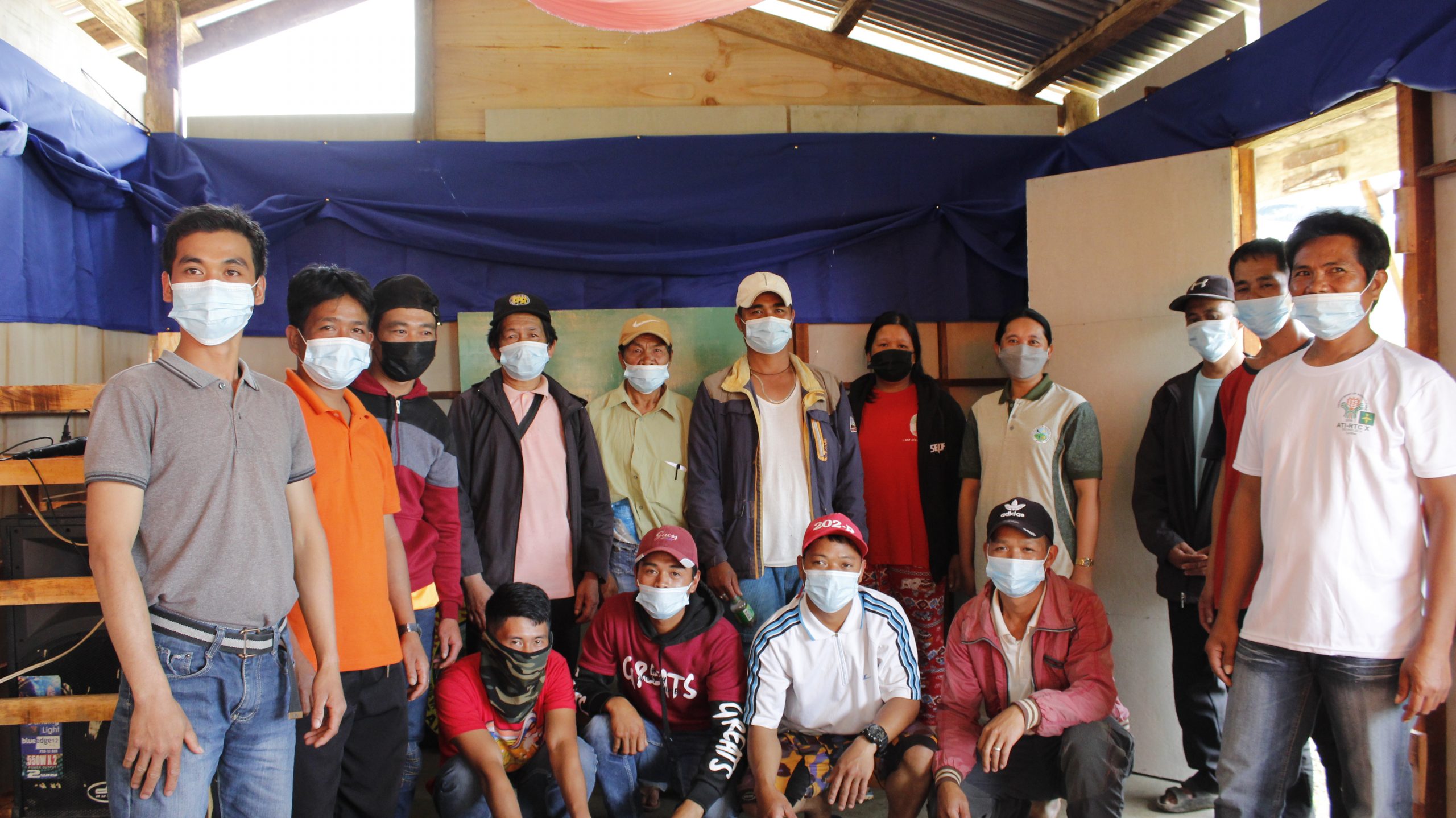
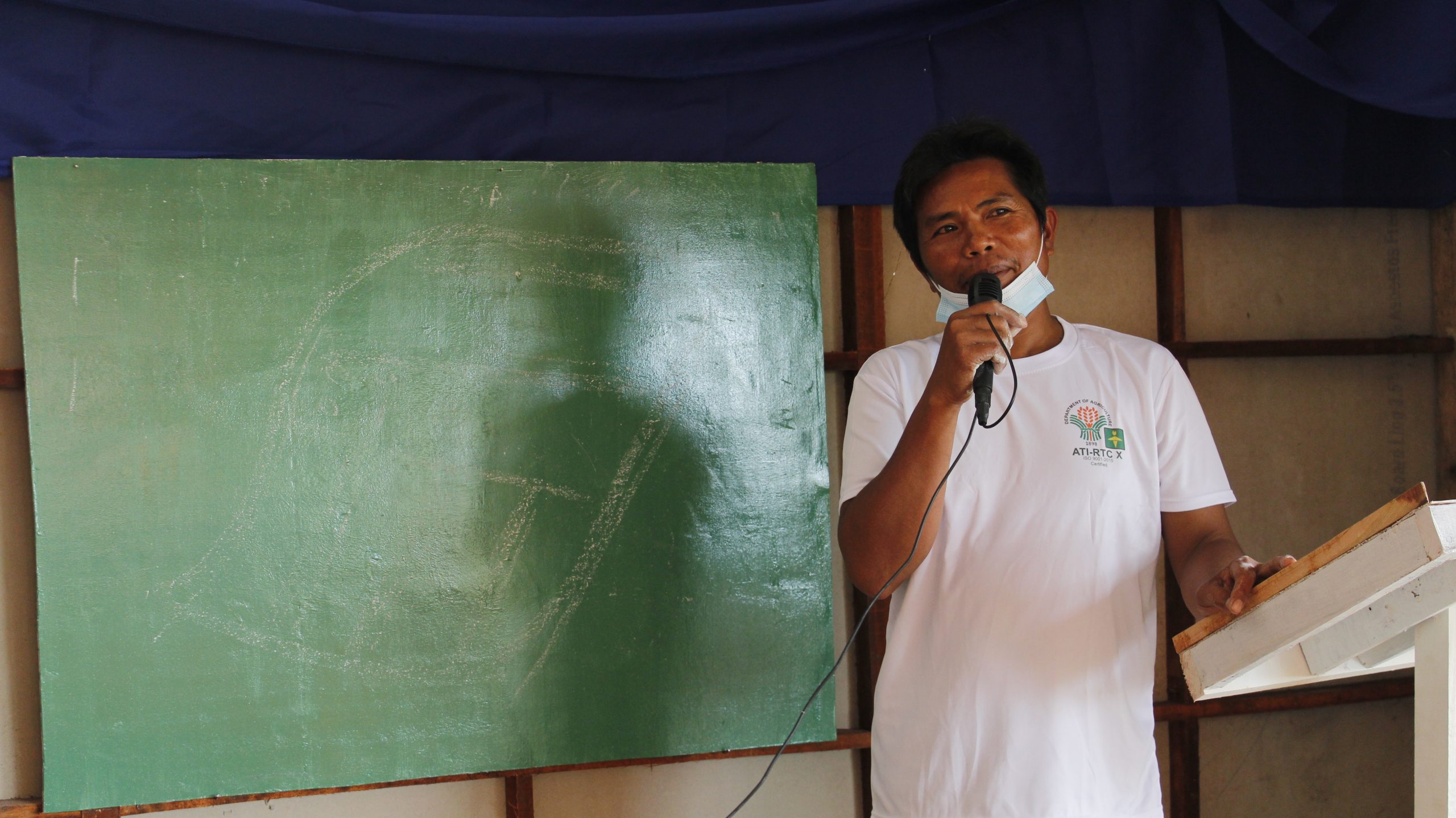
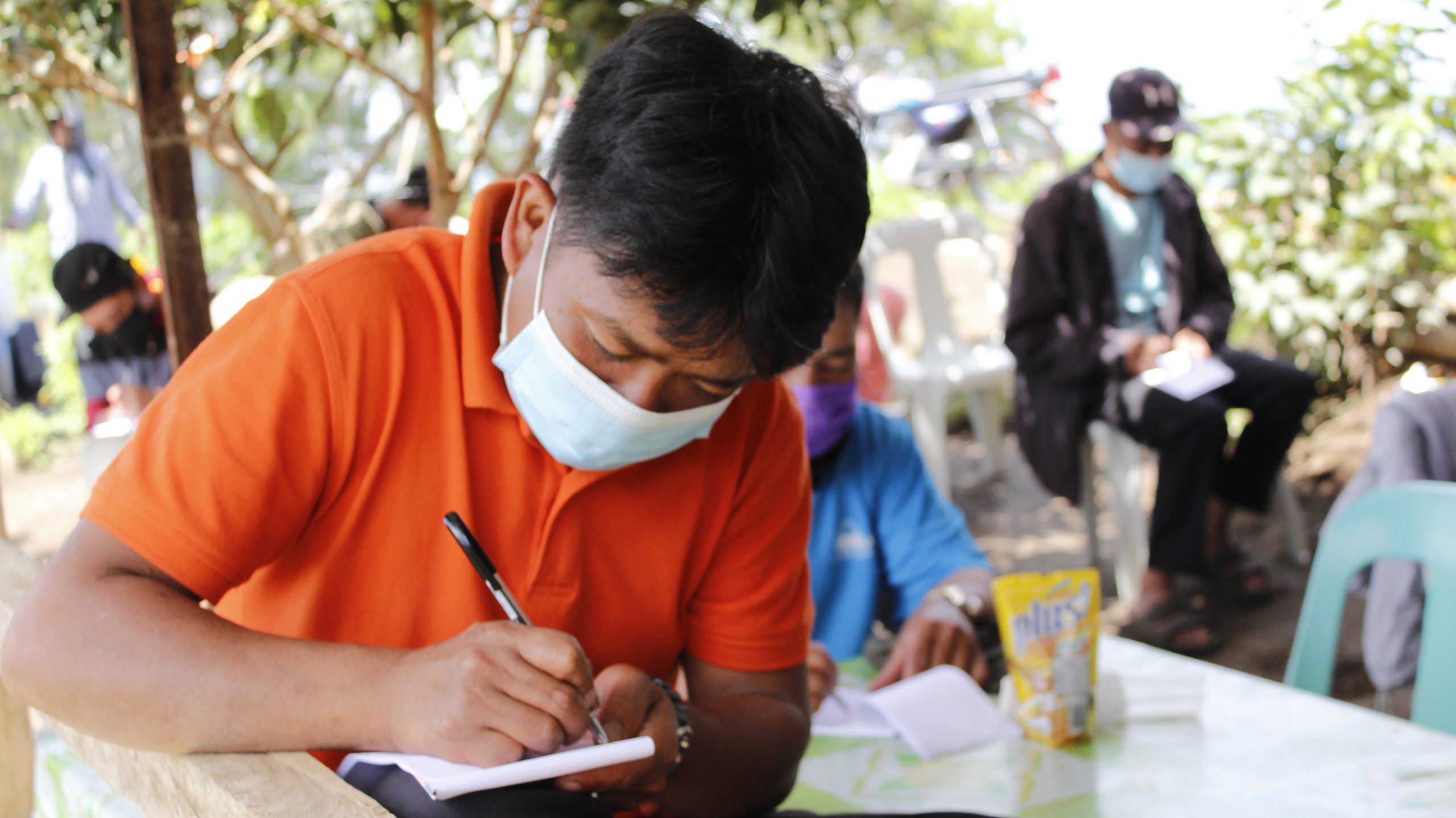
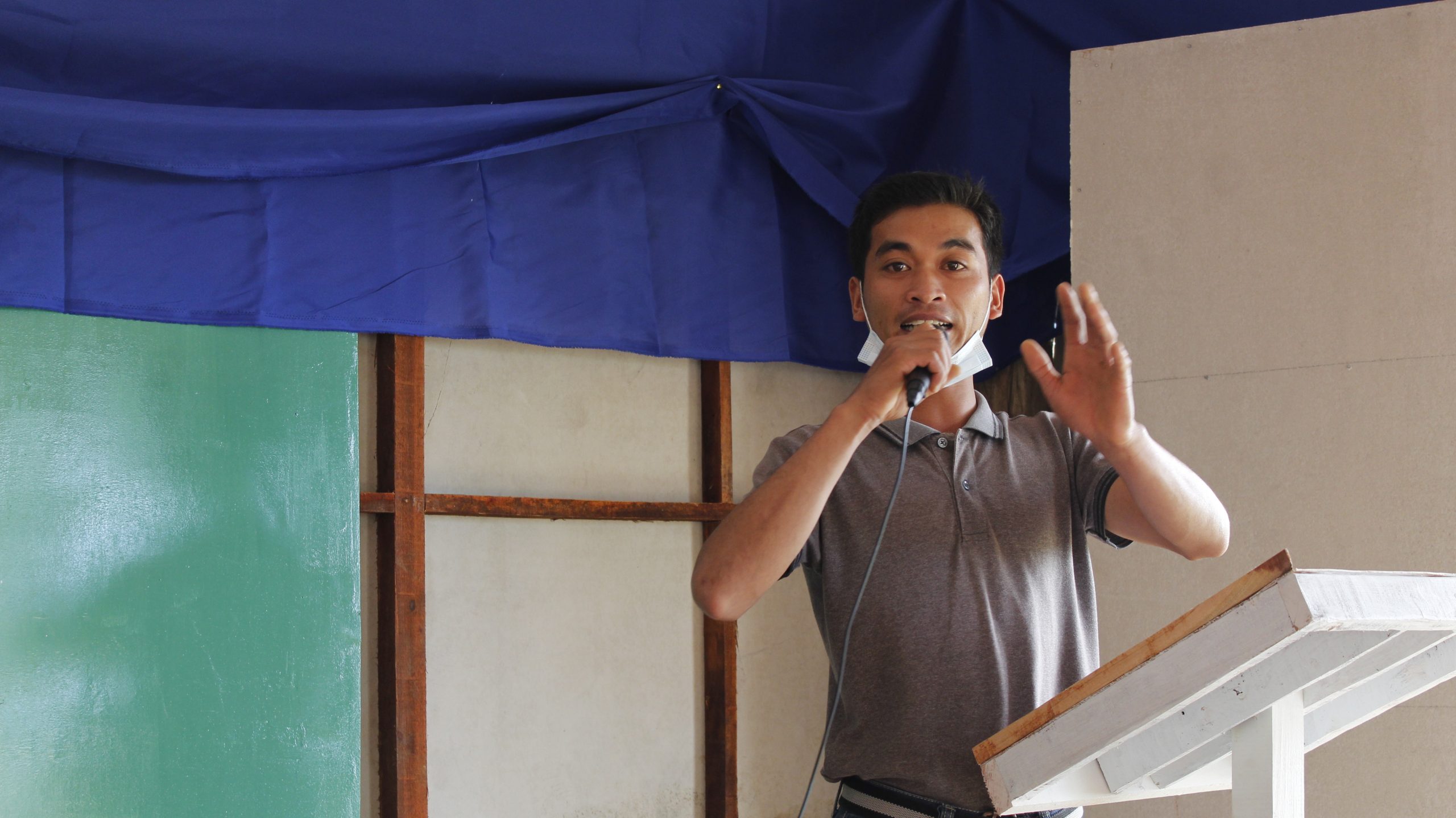
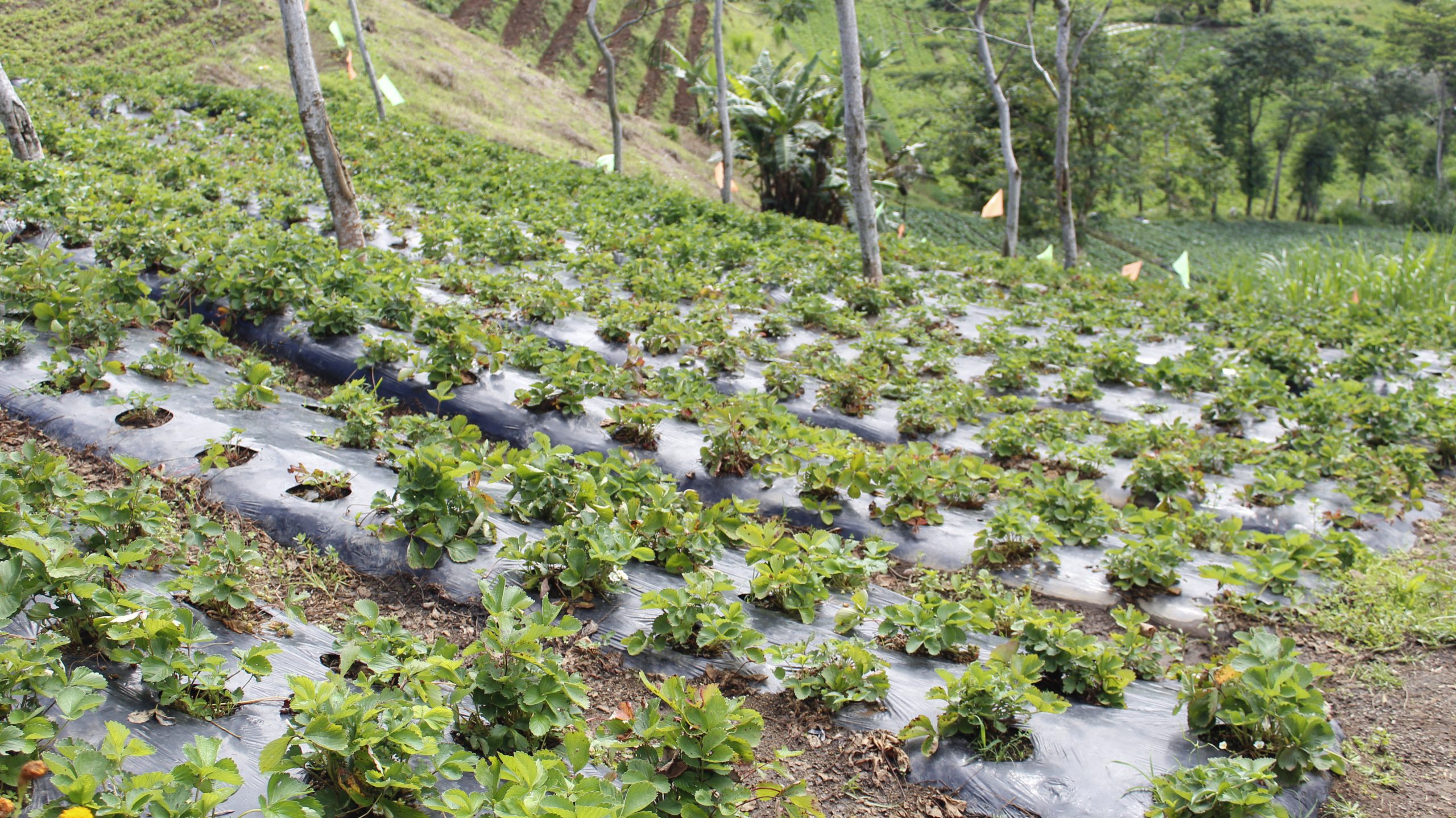

Comments (0)